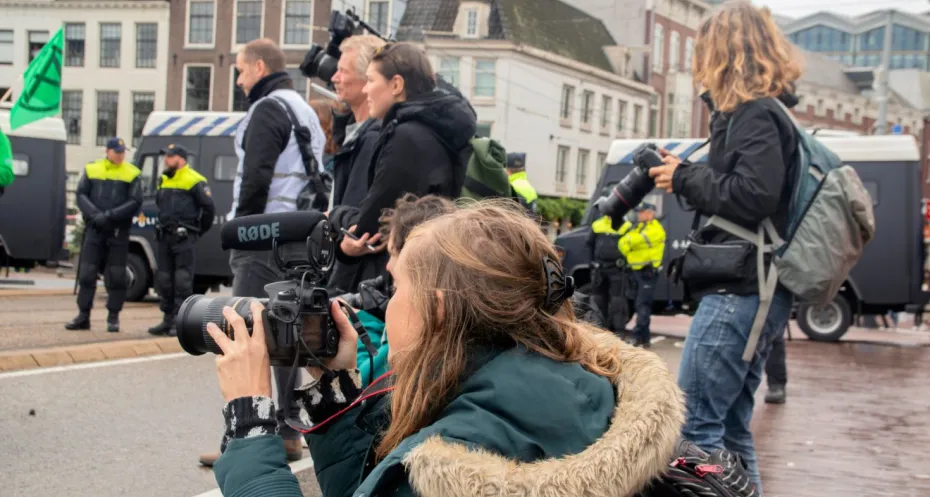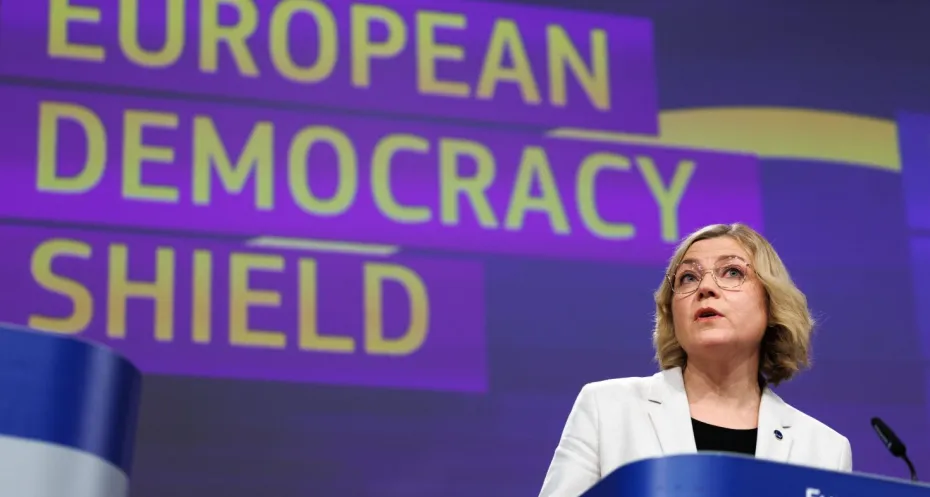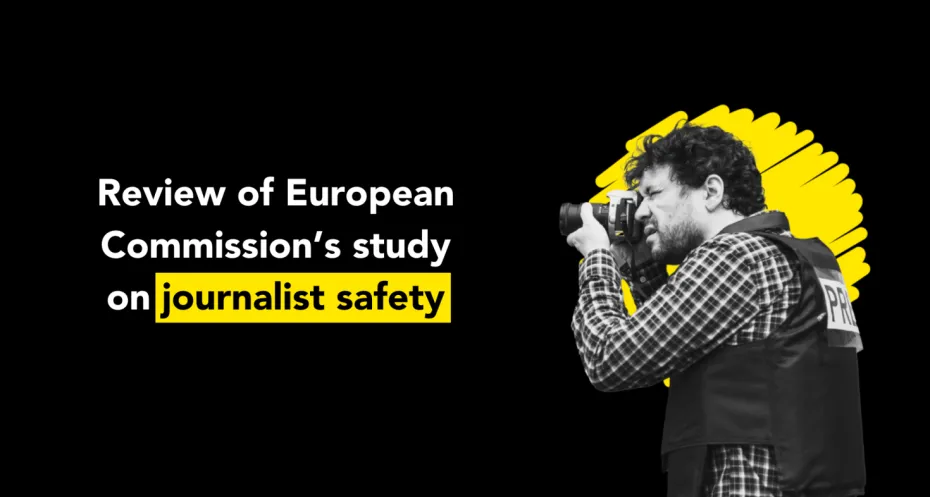Online course to promote media policy literacy in Africa

Press freedom and freedom of expression are among the pillars of democracy and development, which is referred to in countless speeches and declarations. In real life, like all pillars, it needs constant monitoring and renovation.
This is one of the main ideas behind the online course “African media regulation in the digital age”. The programme is now entering its fifth year of operation, has now reached over a thousand people, and is growing every year.
Zoe Titus, director at the Namibia Media Trust, and one of the drivers of the course, says: “This course empowers activists, students, law makers, regulators, journalists, lawyers, educators - everyone interested in supporting and working towards a free, pluralistic and independent African media.”
Topics covered
This Massive Open Online Course (MOOC) is unique in that it addresses the key policy issues journalism is facing around Africa. Topics covered over a seven-week period include: legal frameworks for freedom of expression, media pluralism and content diversity, access to information, media regulation, digital rights, and media viability.
The emphasis throughout is not only on scholarly tuition but also knowledge-based activism.
Succesfull
The course has been a success. Studies show that, in general, only seven to ten percent of participants complete Massive Open Online Courses (MOOC). In this case, nearly one third of the active learners have stayed on board throughout. According to the Witwatersrand University’s Centre which originally hosted the course on the EdX platform, the programme has notched up the highest number of African participants among all its courses on the platform.
From September 2023, the course will continue to be offered, this time on EdX by the Department of Journalism at the University of Stellenbosch.
Output and feedback
The course, currently being updated, will serve as a home for many. Feedback from participants and course instructors is that subscribers feel reassured in finding that there are common challenges for media activists and journalists elsewhere on the African continent, and that many of their colleagues receive – and have to cope with - similar threats.
According to Professor Justine Limpitlaw, lead instructor on the MOOC to date: “People enjoy hearing about success stories on resistance to policies curbing media freedom. They’re also able to share their experiences in forum discussions – in short, as one learner put it: ‘I am not feeling so alone’.”
Testimonies from those completing the MOOC show that their learning has made a real difference to their understanding of advocacy for improved media policies and regulation in their respective countries.
Background of the course
The course was created by an informal group that came together in memory of Jeanette Minnie, who passed away in 2016. Minnie was a tireless and inspiring media freedom and freedom of expression activist throughout her life. She succeeded in building multiple civil society alliances and organisations all over Africa, and was a role model for many activists.
The course is funded by Free Press Unlimited, Bertha Foundation, Namibia Media Trust (NMT), and fesmedia Africa.



